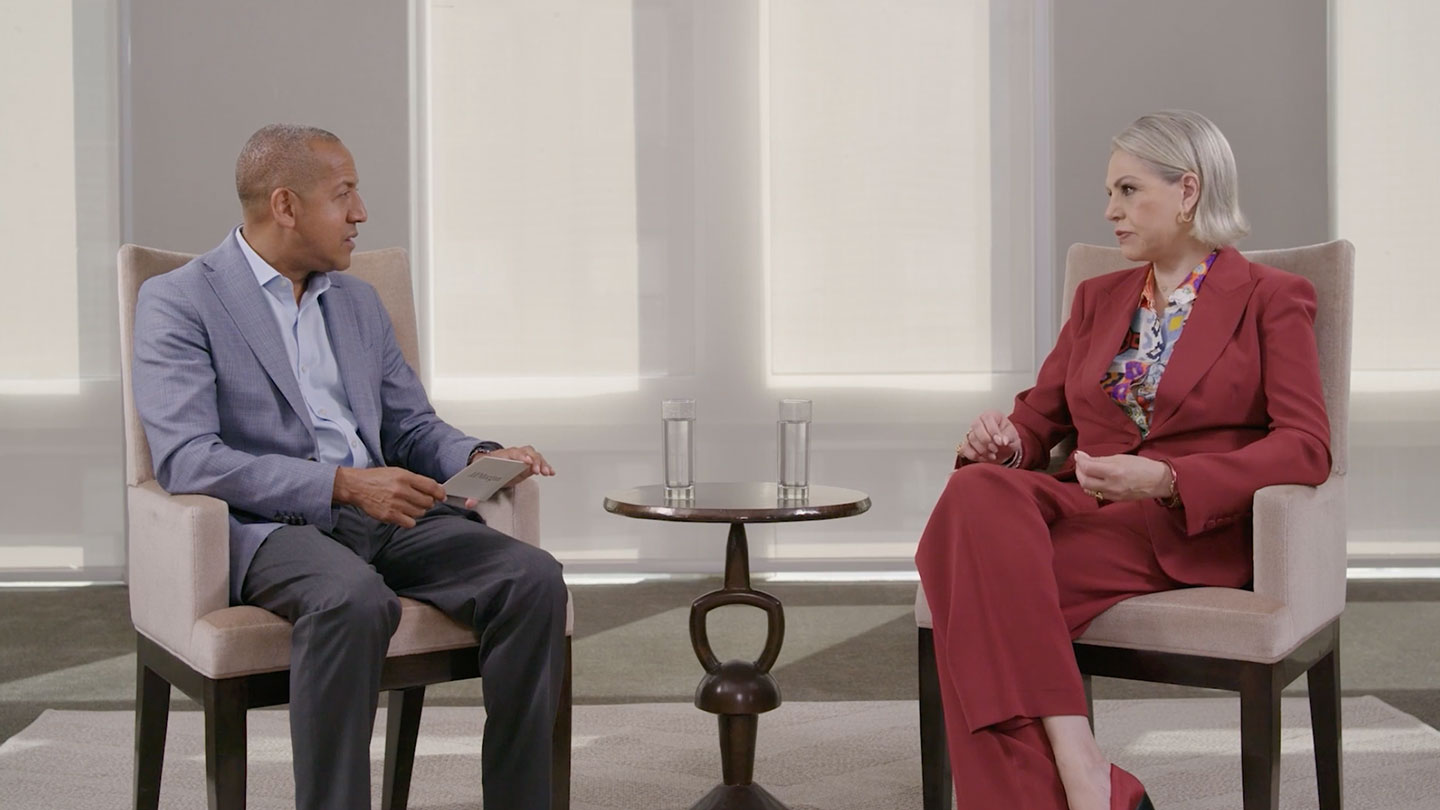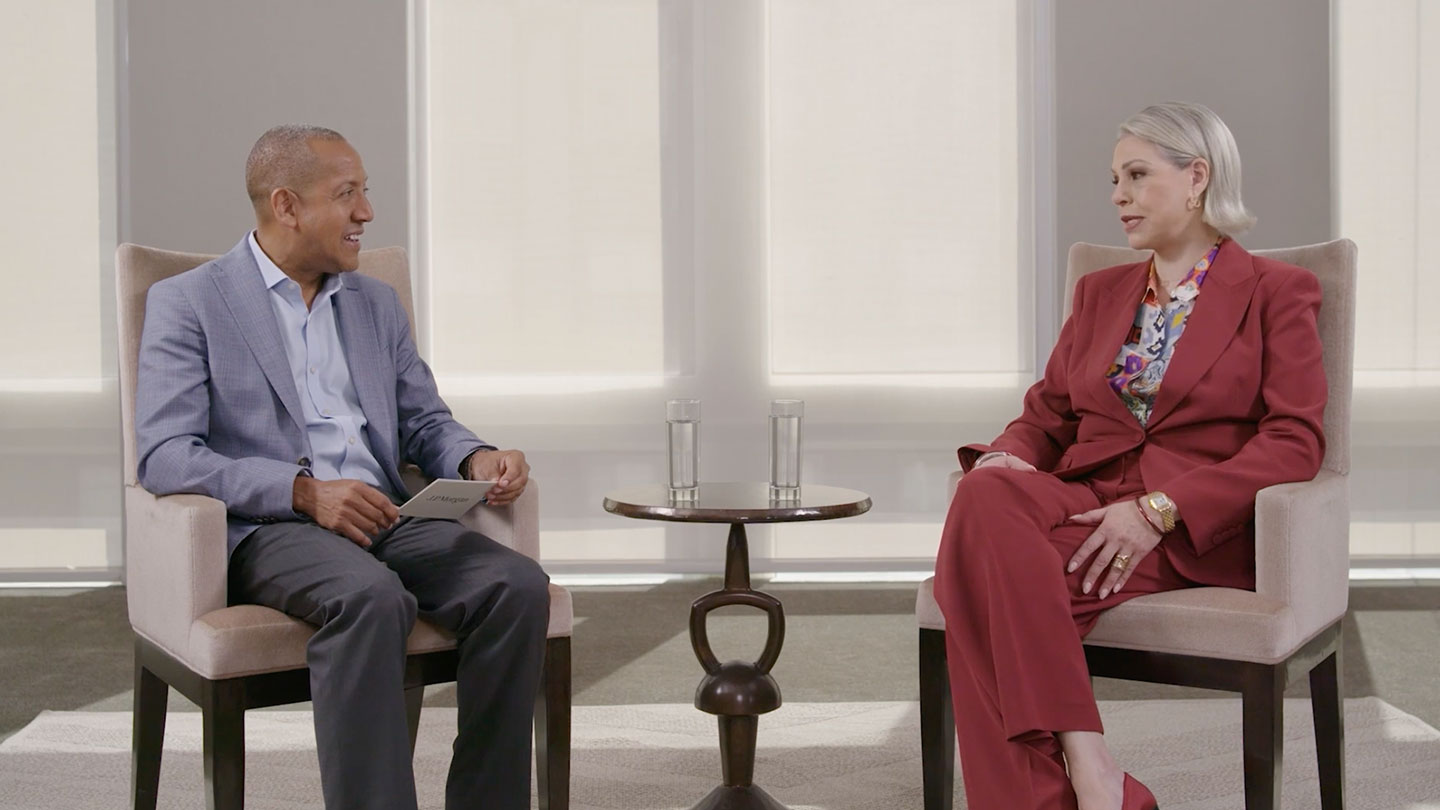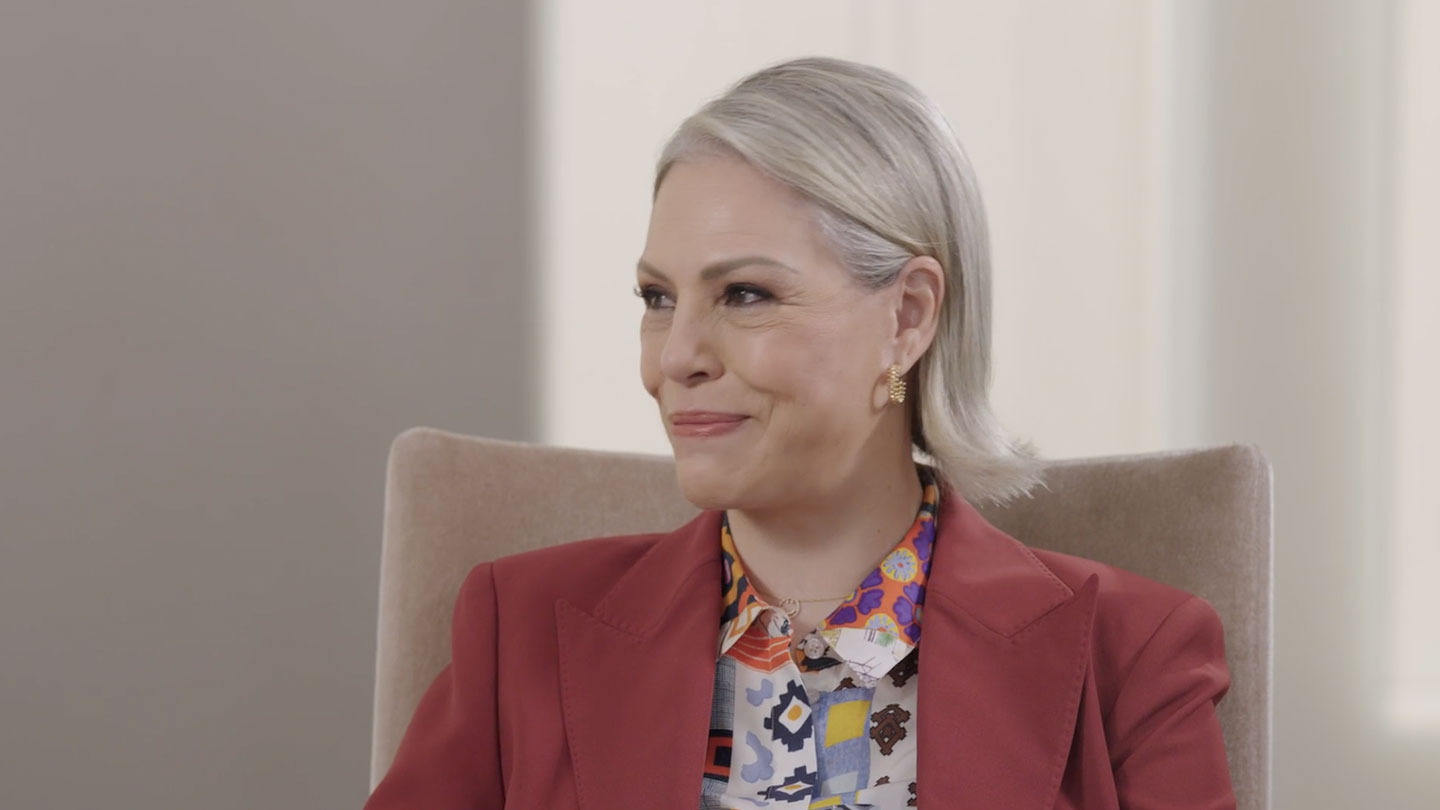
Photo credit: Will Martinez
A career in the U.S. armed forces provides countless opportunities to learn new skills, solve complex problems and become a better leader. Those experiences help make veterans driven entrepreneurs.
The U.S. Census Bureau’s most recently published Annual Business Survey found veteran-owned businesses represent 4.7% of all businesses and employ 3.2 million people.
Veteran entrepreneurship rates, however, are declining. Barriers such as access to capital remain—but if there’s one group ready to overcome those challenges, it’s veterans.
“Veterans have skills and experience in spades,” said Todd Connor, founder of Bunker Labs and a former lieutenant in the U.S. Navy. “All that serves them incredibly well in business environments, where they need to make strategic decisions and problem-solve on the fly.”
Below, veterans reveal the qualities that help make former military members particularly adept business leaders.
What pressure?
Quinn compared entrepreneurship to the environment of being deployed overseas.
“Entrepreneurship is not for the faint of heart,” said former U.S. Army Capt. Joe Quinn, co-founder and CEO at Feltman’s of Coney Island. “But it’s an environment very well-suited for veterans, who love to challenge themselves and get results.”
Quinn compared the ambiguous environment of entrepreneurship to the ambiguous environment of being deployed overseas. He said veterans are drawn to owning a business because they excel at staying on task and remaining calm under pressure.
Terry Hill, Head of Emerging Middle Market Banking for JPMorgan Chase Commercial Banking and a former U.S. Army field artillery captain, echoed Quinn’s sentiment, noting that the military teaches you to “control the controllable” and figure out the rest.
“You can have a playbook and strategy, but eventually you’re going to have to adapt,” Hill said. “In both the military and business, you have to be able to acknowledge that when nobody knows the answer, you need to step up and make it happen.”
Jacks of all trades
Business owners need to wear many different operational hats, especially at startups and small firms. Juggling competing demands typically doesn’t faze veterans, who possess diverse skill sets that prepare them for almost any challenge.
Erik Wittreich, CEO and Chairman of Ridgeline International and a former U.S. Army Special Forces medical sergeant, said the depth and breadth of training that veterans receive in the military can be a major differentiator in business. Someone in the infantry, for example, must not only be a skilled marksman but also be good at communicating, providing first aid and working as part of a team.
“Military life does a phenomenal job at instilling veterans with cross-disciplinary skills and nurturing growth,” he said. “That comes in handy when you need to act as your own head of HR, sales or finance.”
Soft skills are just as essential to running a business—and veterans aren’t lacking in that department.
For Alex McKindra, Managing Director in Technology Corporate Client Banking at JPMorgan Chase and a former U.S. Air Force lieutenant, it comes down to “fire in the belly.” Resiliency and a drive to complete a mission or project—along with a willingness to learn—help make veterans successful entrepreneurs, he said.
Getting the job done
In the military, the minutiae matter. The same holds true in the business world, said Connor of Bunker Labs.
“Veterans pay attention to all those little details that can often be taken for granted,” he said.
Being responsive, polite, thorough and organized counts when managing a business, whether engaging with employees or negotiating deals. For Connor, those are the building blocks to being a successful entrepreneur.
Quinn agrees. And he’s seen enough veterans successfully transition to the business world to appreciate the value of military service.
“Give me a vet, and I know I’m getting somebody who will roll up their sleeves and get the job done,” Quinn said.







